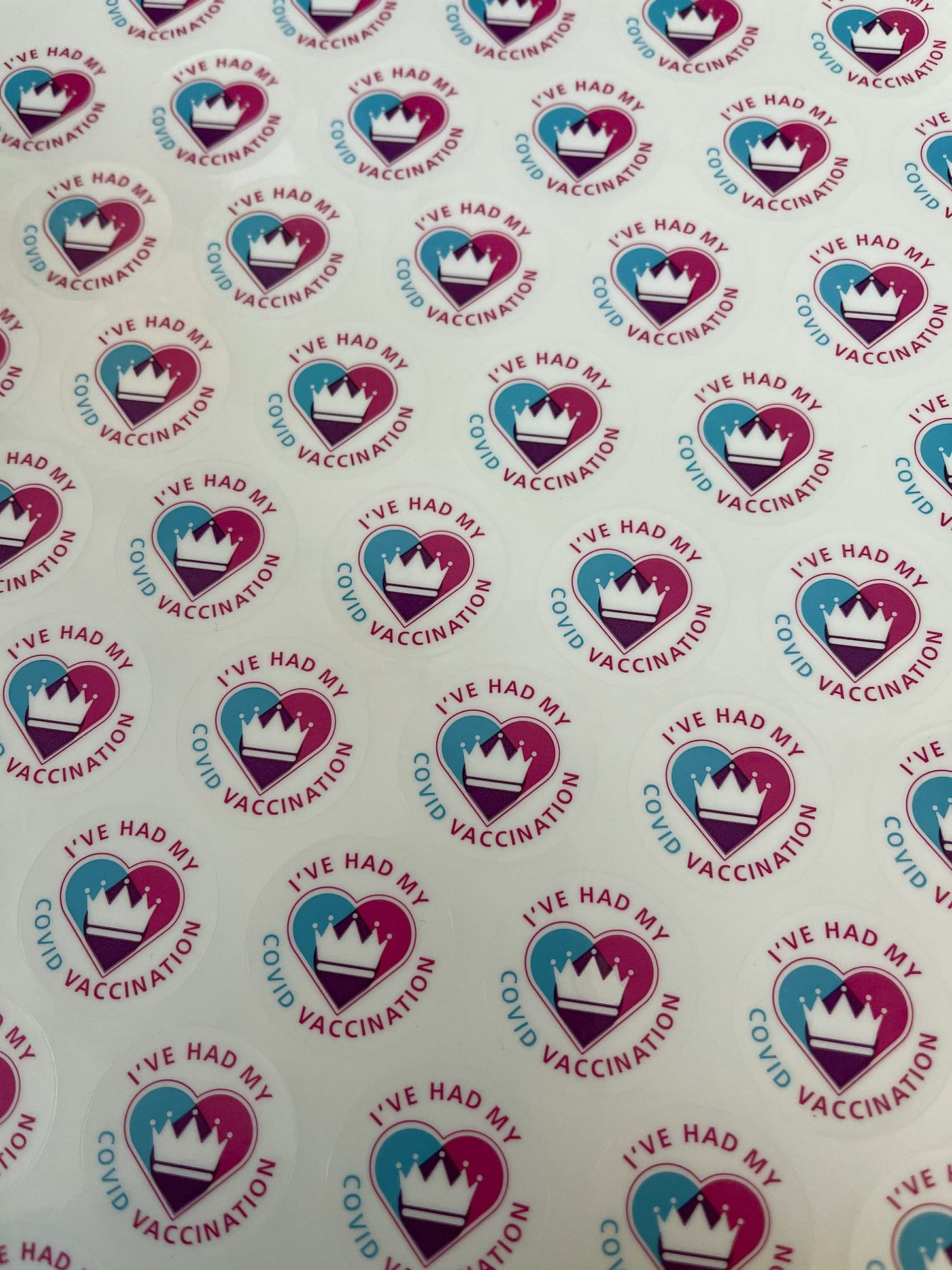Through the Pandemic Wood by IP Waiver

Most experts agree that we should vaccinate as many people on the planet as early as possible against COVID-19. Approximately 37% of the world's population have not even received a single dose of any COVID-19 vaccines. Also, it took a pandemic for the world to understand that African countries import 99% of their vaccines. The primary reason behind it is the lack of manufacturing which led to only 34% population of South Africa getting vaccinated.
Because of the inequitable access & unaffordability of vaccines (mostly in low & middle-income countries), India and South Africa on October 2020 together put forward a proposal before the WTO requesting for the waiver of several provisions of the TRIPS (Trade-related aspects of intellectual property rights) agreement to tackle the COVID-19 pandemic by ensuring easy, quick & affordable access of vaccines to the global population. Although, the proposal has been pending before the WTO for more than fifteen months now. After several ministerial meetings by official vital players- the USA and the EU, they proposed to exclude India and China from TRIPS waiver due to fear of market dominance in the pharma world. Moreover, the geographical exclusion isn't an honest intention for developed nations to support 3rd world countries. Policy intervention is required to offer IP benefits to save humankind in any such pandemic situation in the future. Predictably, the drug industry has held that a waiver would reduce the profits that incentivize new drug development.
Although, this is not new to WTO as the TRIPS waiver controversy comes nearly two decades after the end of the long battle in the multilateral trading system over HIV/AIDS drugs when several countries could not afford the high-priced HIV/AIDS drugs patented by large pharmaceutical companies in developed countries. The contention was that they had spent billions of dollars developing the drugs, due to which patent holders resisted lowering their prices. WHO report shows that only 5% African population has access to HIV drugs, and 50% population can't even afford to have HIV drugs. The IP is not benefitting humankind, so it's time to think about offering the benefits of IP to save humanity from COVID-19, learning from the complexity in HIV management.
However, the WTO agreement provides WTO members certain measures that can be taken in a situation of a health emergency, i.e., Article 8 of the TRIPS Agreement provides that WTO members: -
"May, in formulating or amending their laws and regulations, adopt measures necessary to protect public health…. provided such measures are consistent with the provisions of the agreement".
And, Article 7 of the TRIPS agreement states: -
"Protection and enforcement of intellectual property rights shall be in a manner conducive to social and economic welfare."
It is now well understood that these two TRIPS provisions can include any reasonable health measure that WTO members can take during a health emergency such as the current COVID-19 pandemic. Yet, there were doubts amongst members of WTO at the time of the AIDS crisis about the reach of these provisions. Similarly, it is currently happening in the COVID-19 pandemic as the IPR waiver has not been affirmed by WTO even after more than 100 nations are backing it up. The exclusion of India and China from the IPR waiver is indeed considered an attempt to allow commercial and political interests to slow down the original proposal by India and South Africa.
It is not surprising that Western Developed countries would try to get away with Indian manufacturers in this way, as Western countries don't have a low-cost manufacturing base that Indian Pharma companies have that can actually provide affordable, accessible, and good quality vaccines and drugs. For example, US-licensed drug Molnupiravir is being used for COVID treatment, which originally costs Rs. 1800 for a course of 6 capsules, if optimised and manufactured by Indian companies (Mankind & Dr. Reddy's), the original cost would cut down to Rs. 210. This is why Western countries plan to exclude India and China from the IPR waiver of COVID-19 vaccines.
A way forward…
According to a new analysis from the People's Vaccine Alliance, the EU will have to throw away 55 million doses of COVID-19 vaccines by the end of February 2022, which is more than the 30 million doses donated to Africa far.
Afrigen Biologics, a pharmaceutical company in Cape Town, is making its COVID-19 vaccine with publicly available information & data of Moderna's mRNA vaccine, which Biovac Institute will manufacture after passing human trials. Manufacturing of new vaccine wouldn't start before the end of 2024, but as stated by WHO Director-General, "If you get an intellectual property waiver then, it could be done in six to nine months."
The TRIPS waiver is the need of the hour & will allow generic manufacturers (such as India) to produce vaccine dose/ emergency medicament ensuring cost effective & timely availability of medicine crossing the IP barricade if any. The objective of IP should be to serve society across the geographic locations to ensure access to the treatment during pandemic.
IP waiver is not asking for charity, but for the right to let the countries make vaccines/emergency medicament to address the pandemic situation, passing the IP barricade where applicable through green channel approach during WHO pandemic timeframe devoid of the worry that IP owners will sue. It is time to find a way out of the deadlock situation arising due to IP serving society through appropriate TRIPS - WTO mechanism.

